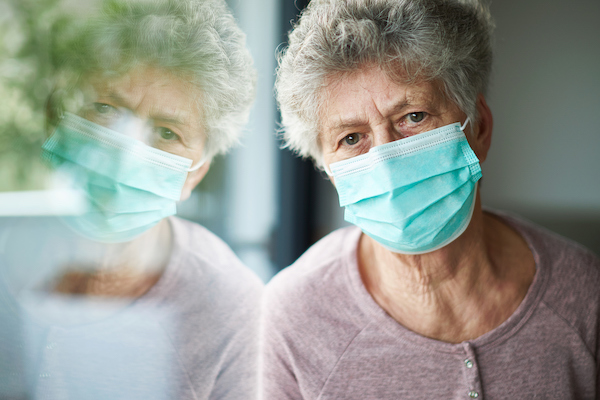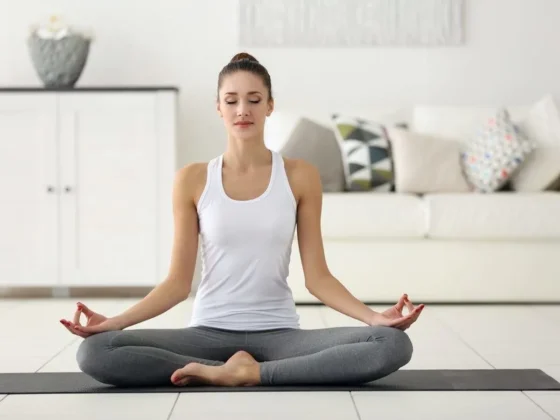
Dr. Karthiyayini, Head of Wellness and Well-being at Columbia Pacific Communities
Globally, the population of the elderly is growing rapidly. According to WHO (World Health Organisation) statistics, between 2015 and 2050, the proportion of the world population over 60 years will nearly double from 12% to 25%.
Longer life spans, focusing more on the physical aspects of health while ignoring the emotional and mental aspects have brought to light more pertinent questions about well-being to the fore.
Impact of Covid-19 on the mental health of seniors
The current challenge has imposed a lot of changes in our ways of living. Elders with their pre-existing co-morbidities are exposed to greater risks. The most common mental health issues faced by seniors are anxiety, fear of death, and loneliness.
All these are heightened exponentially in the present scenario. Moreover, those who already have mental health issues and are on medication for depression, bipolar disorders, or movement disorders are further pushed to experience severe forms of these illnesses during a pandemic
How can we address this challenge?
Any pandemic brings in a shift in the global consciousness. This is majorly due to the changes brought to one’s individuality. Any infectious illness is an outcome of a meeting between two agents, a host, and a microbial agent.
This meeting with the virus can bring about either response as a series of symptoms or a reaction as a cascade of symptoms from the human body.
Microbes are all around us. Responding to the virus as a foreign agent is different from reacting to the virus as an invader. The most important factor to consider is “the Individuality” of a person.
This individuality, when exercised regularly at the physical, emotional, and mental realms in a balanced way, will make the meeting of the virus and triumphing over the illness easier.
When the same individuality due to conditioning gets out of balance, the possibility of reacting to the situation with fear and anxiety occurs. This will bring out the worst in the illness affecting the physical and mental health of people.
How can we balance this individuality?
At the physical level:
A balanced diet, nutrition, and regular exercises
At the emotional level
Artistic activities such as dance, music, art, and fun-filled games
At the mental level
New learnings to stimulate neurons through neurobics, mindful games, and mind-stimulating games
Looking at life with a positive attitude turns the challenge into an opportunity.
Impact of Covid-19 on people:
| Negative impacts | Positive Impacts |
| Isolation | Given us all time to be with ourselves |
| Hand hygiene – Our health in others’ hand | We are now not only considerate towards ourselves but to others too. |
| Personal Protective Equipment –Suffocation to oneself | Preventing us from polluted environment |
| Loneliness | Time to introspect |
| Social distancing – Distance at the physical | Opened up a whole lot of possibilities to connect with people |
| Time seems to have seized | Has opened up more space |
Seeing the positive impact helps one respond to the challenges posed by the virus in a balanced way.
This way one’s individuality is expressed and exercised to be in a balanced state of health. This is why community living plays an important evolutionary role in any global challenge and for a better future with a better quality of life.
Conclusion
According to WHO, mental and neurological disorders among older adults account for 6.6% of the total disability for this age group. Positive aging through appraisal towards holistic health is a way to improve the quality of life and address this emerging mental health problem.
A healthy lifestyle with balanced nutrition, regular group physical activities, sharing and engaging the mind active with like-minded people are addressed at the individual level and at the community level in community living
Hence, community living with supporting infrastructures should be encouraged by the public and private sectors to bring about a big change in turning any challenge into an opportunity.











